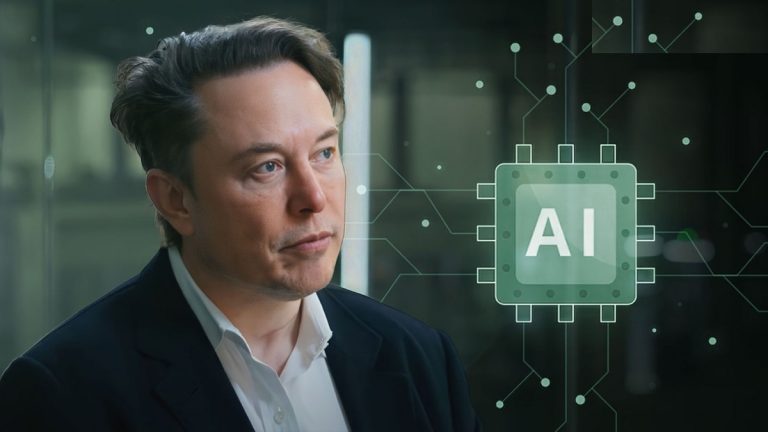
In a recent conversation, Elon Musk, the visionary behind SpaceX and Twitter CEO, has once again ignited a firestorm of debate and speculation regarding the future of artificial intelligence (AI).
Musk boldly proclaimed that by 2025, AI will surpass the intelligence of any human being, and by 2029, it will surpass all of humanity. These provocative statements, made in response to a discussion on a Joe Rogan podcast episode, have sent shockwaves through the technological and philosophical communities alike.
The tweet in question referenced a segment from a recent Joe Rogan Experience episode featuring an interview with futurist Ray Kurzweil. The conversation between Kurzweil and Rogan delved into the intricate history and potential future of AI, specifically focusing on its comparison to human intelligence.
Register for Tekedia Mini-MBA edition 17 (June 9 – Sept 6, 2025) today for early bird discounts. Do annual for access to Blucera.com.
Tekedia AI in Business Masterclass opens registrations.
Join Tekedia Capital Syndicate and co-invest in great global startups.
Register to become a better CEO or Director with Tekedia CEO & Director Program.
Musk’s assertions didn’t stop with a mere tweet. During a riveting discussion with British Prime Minister Rishi Sunak at the AI Safety Summit, Musk elaborated on his vision for the future of AI on a global scale. He emphasized that AI represents “the most disruptive force in history,” painting a picture of a future where AI capabilities surpass those of the most brilliant human minds.
"There will come a point where no job is needed; the AI will be able to do everything" – Elon Musk pic.twitter.com/likqT2lhof
— wiggle (@w1991e) March 11, 2024
“We will have for the first time something that is smarter than the smartest human… there will come a point where no job is needed. You can have a job if you wanted to have a job for personal satisfaction. But the AI will be able to do everything,” Musk explained passionately to Sunak.
He noted the rapid advancement of AI capabilities and the challenges it poses for governance and adaptation.
“The pace of AI is faster than any technology I have seen in history by far. And it seems to be growing in capability by at least fivefold, perhaps tenfold, per year… and the government isn’t used to moving at that speed,” said Musk.
The concepts of artificial general intelligence (AGI) and its implications dominated the discourse between Musk, Kurzweil, and other experts. AGI, unlike the AIs commonly encountered today, such as chatbots or large language models, is envisioned to possess human-like cognitive abilities and efficiencies, without the need for rest or sustenance.
The rise of AGI signals a monumental shift in the technological landscape, with experts debating its potential for both awe-inspiring innovation and existential risk. Most agree that AGI, once achieved, would quickly outstrip the intellectual capacity of even the brightest human minds and potentially reshape the very fabric of society.
Sam Altman, cofounder and CEO of OpenAI, expressed his belief that AGI could be the most powerful technology humanity has ever created.
“If you think about the cost of intelligence and its equality, the cost falling, the quality increasing by a lot, and what people can do with that, it’s a very different world,” Altman remarked to Time Magazine, highlighting the transformative potential of AGI.
Whether one shares Musk’s ambitious timeline or holds a more conservative view, the consensus among experts is clear: we stand on the brink of a new era in which artificial intelligence may surpass humanity’s wildest imaginations. As the world grapples with the profound implications of this impending reality, one thing remains certain: the future of AI promises to be as fascinating as it is uncertain.



